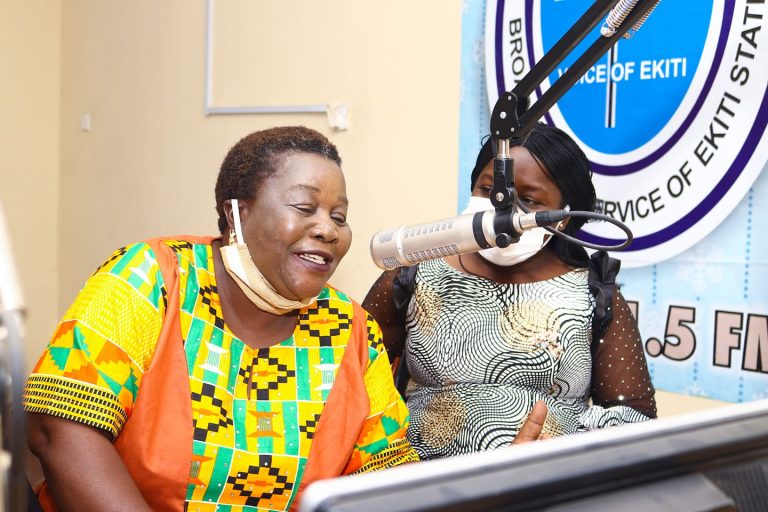Princess Jumoke Owoola, a development and sustainability expert and Projects Director at the Center for Indigenous Knowledge, Development and Sustainability (CIKDAS), has expressed alarm over the decline of Indigenous entrepreneurship in Nigeria. During a recent presentation at the Conference of Nigeria Trade Association (CONiTA 2024) on October 30 at the Lagos Chambers of Commerce and Industry (LCCI) in Ikeja, she called for government intervention to address this troubling trend.
Owoola, represented by Iyanda Olufemi, highlighted the issue of foreign entities exploiting the country’s resources through illegal mining, often with unfulfilled promises. She characterized this situation as an “invasion of rural communities across Nigeria” that undermines local entrepreneurship and warned that it should not be underestimated.
In her presentation titled “Unlocking Potential for Indigenous Entrepreneurship: Strategy and Success,” Owoola emphasized the fundamental principles of entrepreneurship, which focus on profit-making, identifying investment opportunities, and effectively utilizing available resources for growth. She encouraged artisans to leverage indigenous knowledge to produce materials that are in high demand abroad, such as charcoal, particularly during the peak export season from September to February. This, she suggested, could provide an additional income stream.
Owoola stressed the importance of adhering to regulations and guidelines set by relevant authorities when engaging in such ventures. She recommended that the government support artisans by providing technological assistance, financial aid, and connections to financial institutions like the Bank of Industry.
Taiwo Abiose, Director of the Entrepreneurship Department at the Lagos State Ministry of Wealth Creation & Employment, reinforced the necessity of social responsibility in business practices. Speaking through assistant director Wale Thompson, she urged entrepreneurs and artisans to prioritize solutions rather than dwelling on problems, citing the examples of Japan and China, which have focused on innovation despite challenges.
Jerry Ukperoro from the Association of Carton and Wastes Recycling Dealers of Nigeria (ACWREDON) pointed out that foreign companies exploit Nigeria’s resources and compete unfairly with local producers. He warned that if the government does not implement policies to revive indigenous businesses, the informal sector’s employment rate, currently at 98%, could plummet to below 45%, leading to significant economic turmoil.
CONiTA serves as an annual platform for trade associations, professional organizations, artisans, policymakers, and sustainability advocates to discuss strategies for good governance, inclusive growth, and shared prosperity in Nigeria. The theme of this year’s conference was “The Nexus of Sustainability, Entrepreneurship, and Trade Association in a Modern World.”
Dr. Nelson Obine, the convener of CONiTA and President of the Institute of Trade Associations Management, noted that this year’s conference focused on marketing strategies and sustainability, aiming to foster honest discussions around critical issues facing the industry.
The event, now in its sixth year, attracted a diverse group of professionals and artisans, including many from the Lagos State Council of Tradesmen and Artisans (LASCOTA), the National Electronics Technicians Associations of Nigeria (NETAN), and the Lagos State Charcoal Marketers Association (CMA). The conference received support from various corporate sponsors, including Access Bank, First Bank, Flour Mill of Nigeria, and Nigerian Breweries.

